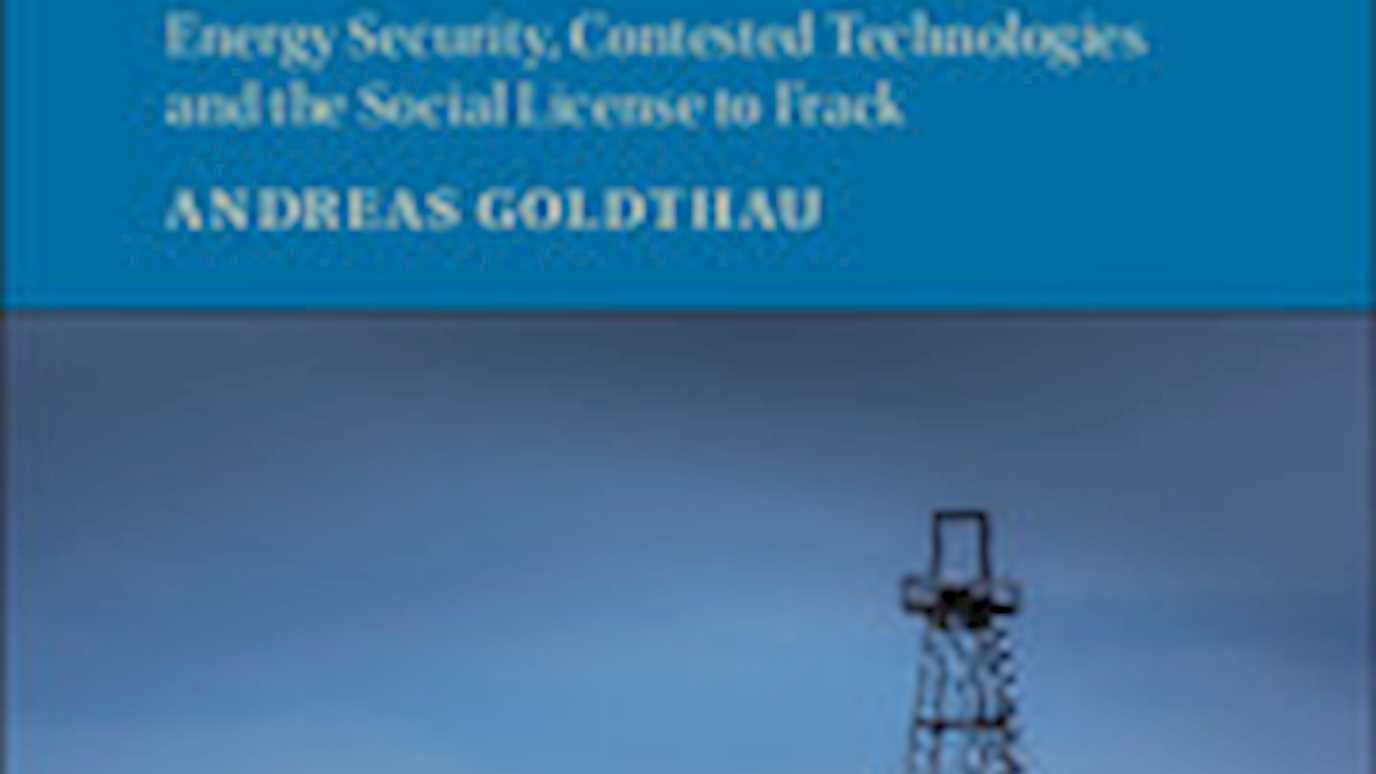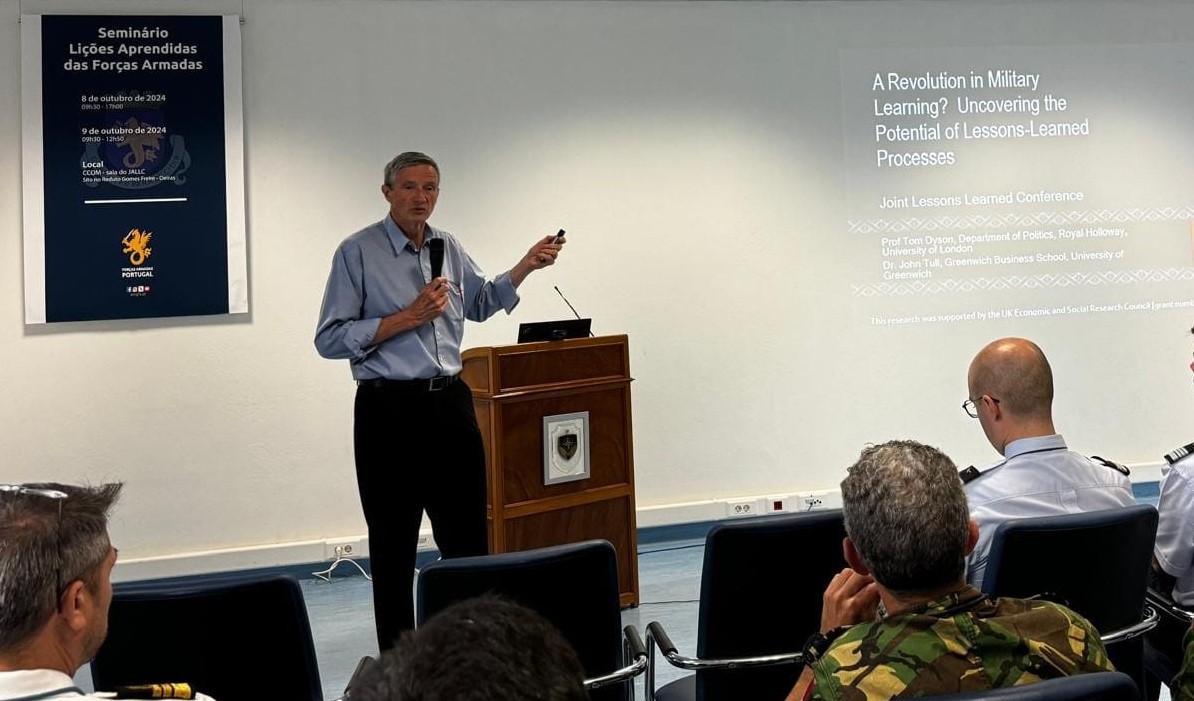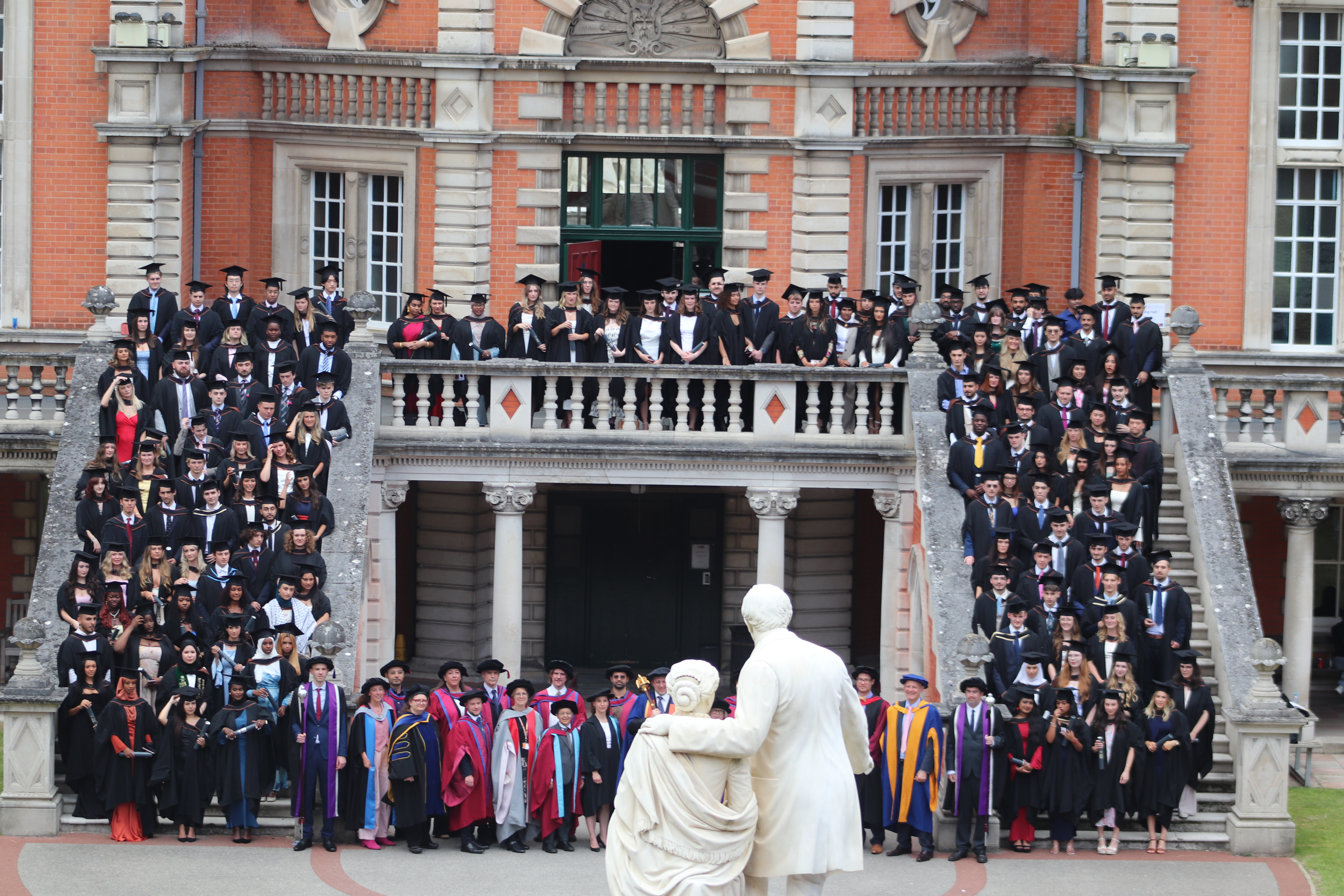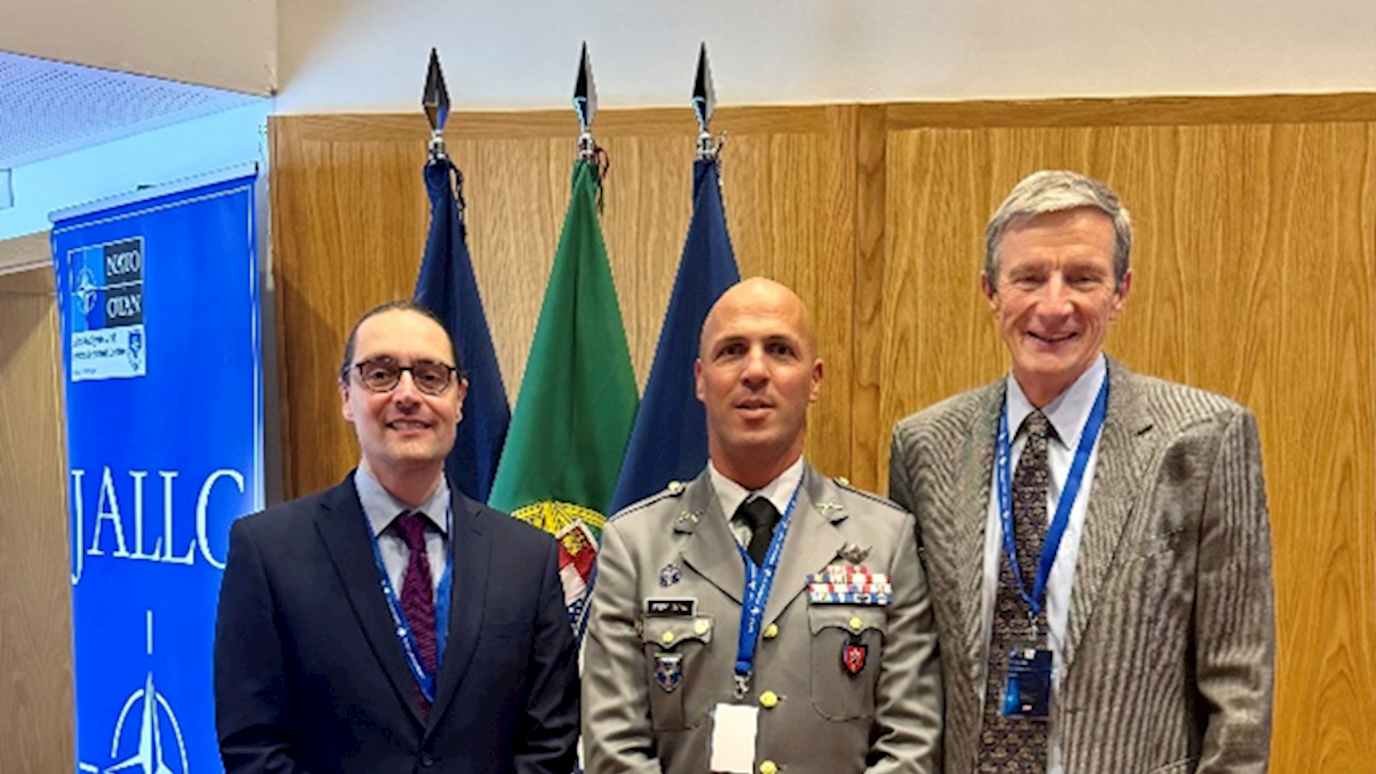Deciding on whether the UK will go ahead with extracting shale gas ‘fracking,’ will depend as much on the industry securing a social licence as making a strong economic case, a new book by Professor Andreas Goldthau, of Royal Holloway, University of London suggests.

Although the government has said that it believes shale gas has a potentially important role to play in the UK energy mix, there is strong opposition in many areas where extraction could take place.
In his book, The Politics of shale gas in Eastern Europe, Andreas examined how the political and policy approach towards ‘fracking’ had varied in different countries, including Bulgaria, Poland and Romania and led to different outcomes.
It was only Poland which created a ‘fracking’ friendly environment, while in the other countries various groups came together to prevent the industry gaining a foothold.
Without coming down for-or-against shale gas, Andreas concludes that where governments used a top-down approach to try and secure support for shale gas, giving little thought to public engagement, they met public opposition. In contrast the Polish authorities involved existing energy providers, consulted local politicians and people and ensured local communities would share in the profits. In Poland ‘fracking’ was granted a social licence by stakeholders, though the industry has stalled because of other factors.
The implications for the UK are that the issues around a social licence are a key area of the debate.
Andreas said: “Even proving shale gas is economical to extract – in Lancashire or elsewhere in the country – will not be enough to make it happen. Extracting unconventional energy resources at an industrial scale will eventually require a social licence from society as a whole, not just the local communities that are most directly affected. This won’t be achieved simply through bureaucratic processes, such as production permits, or even through a mandate from an election – the social licence requires a much broader buy-in.
“Instead, the UK government would be well advised to think up ways to enhance institutional outreach and community empowerment as well as opportunities to facilitate the buy-in of important stakeholders on national and sub-national levels. This may be a cumbersome process, and the outcome may be hard to determine. But it is the only way to lend legitimacy to its policies and to possibly generate the necessary public acceptance for a highly contested technology,” he added.
On the broader issue of moving to a low-carbon economy Andreas said: “The broader takeaway, however, is that what holds true for fracking also applies to core aspects of the imminent transition towards low-carbon energy. Are people truly ready for massive numbers of new high-voltage electricity pylons? What about enormous new wind farms? Do they appreciate the technology it will take to eventually achieve negative emissions and meet the Paris climate targets?"
He added: “Society as a whole still doesn’t really anticipate anything of the required scale, and a serious jump into a low-carbon world may come as a shock to people used to the status quo.”
The politics of shale gas in Eastern Europe. Energy security, contested technologies and the social license to frack is published by Cambridge University Press. 2018.
























